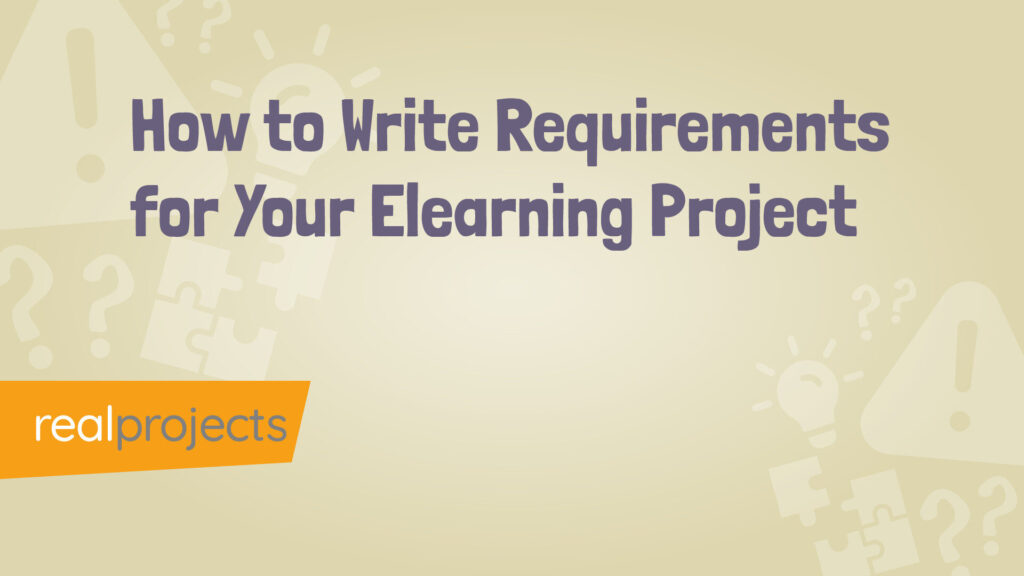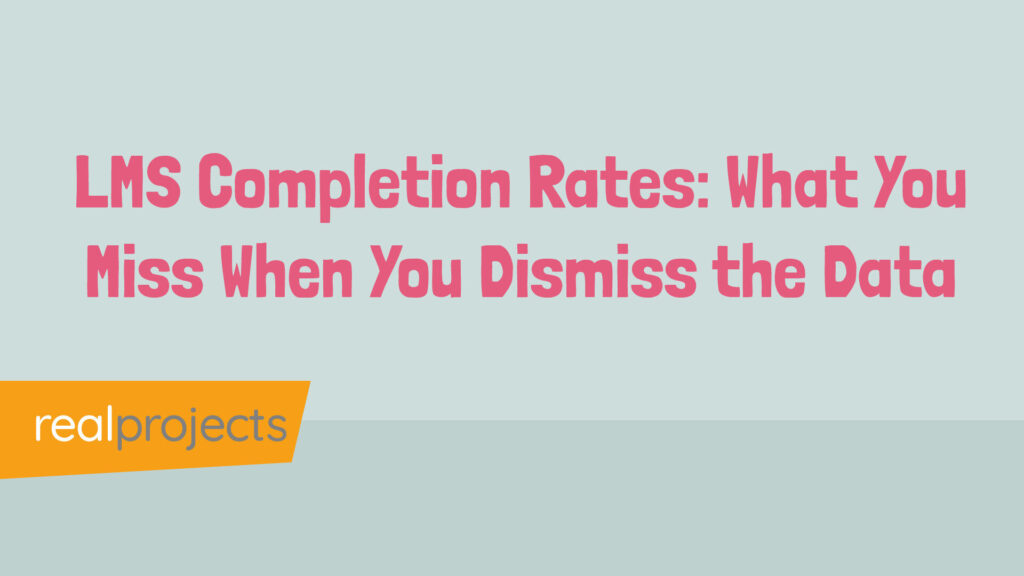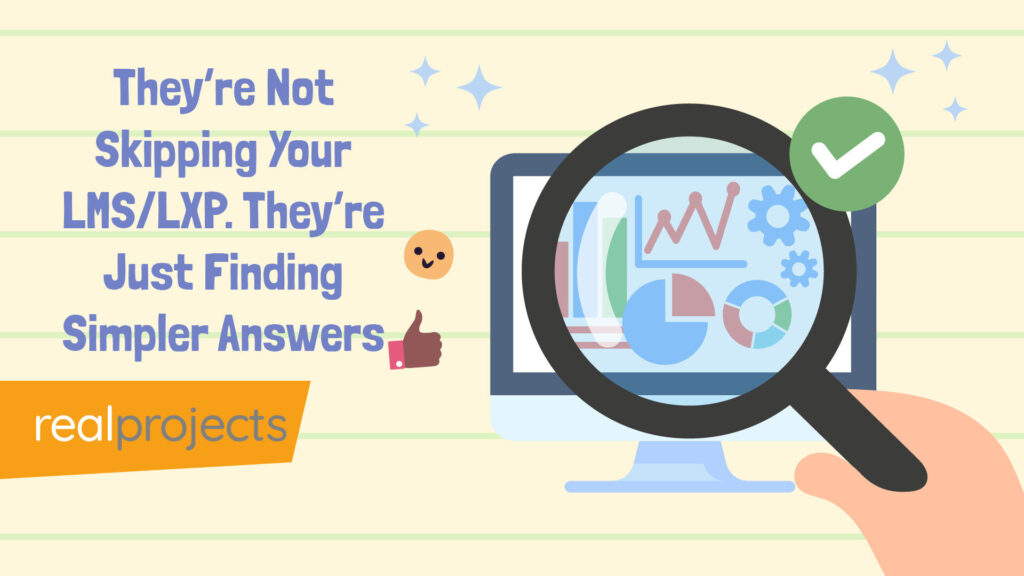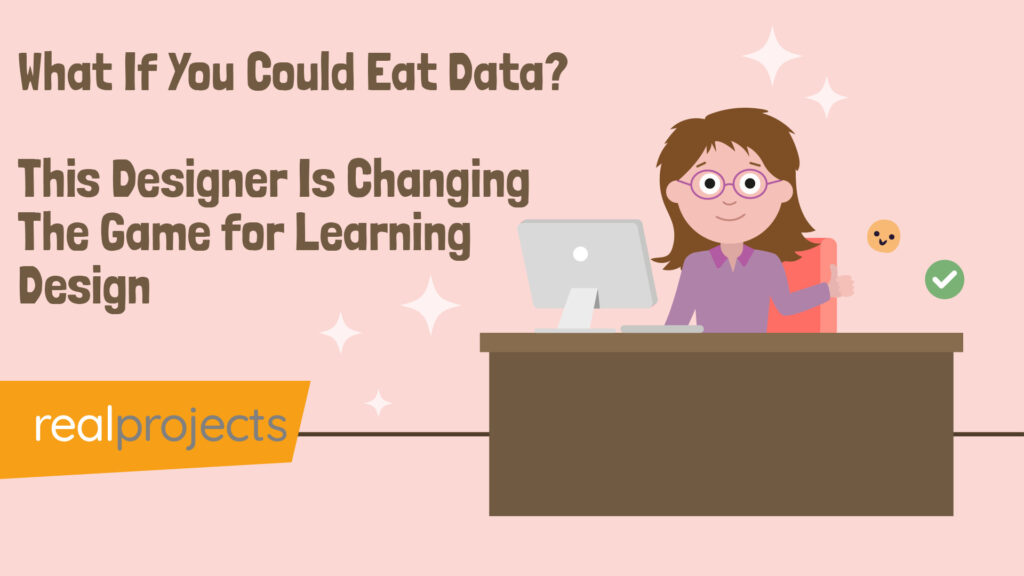Looking to buy elearning courses but unsure where to start? An elearning marketplace can help, but not all platforms are equal.
This guide explains how these platforms work, what to look out for, and how to compare providers so you get value, not just volume.
With digital learning now a key part of workplace training, marketplaces promise convenience and cost savings. But choosing the wrong one can lead to poor content, hidden fees or compatibility issues. Here’s how to choose wisely.
What Is an Elearning Marketplace?
An elearning marketplace is an online platform where you can browse, compare and buy digital courses from different providers all in one place.
Think of it like an online store for training. Instead of visiting each course provider’s website separately, you can search across multiple suppliers, filtering by topic, format or price.
Some marketplaces focus on specific industries, like compliance, healthcare or finance. Others offer a broader mix for general workplace skills.
These platforms help businesses save time and simplify procurement. But just like any marketplace, quality and pricing can vary a lot. That’s why comparison matters.
Why Use an Elearning Marketplace?
Elearning marketplaces offer a fast way to access training without signing long contracts or juggling multiple vendors. They’re ideal when you want flexibility, variety and quick turnaround.
Instead of being locked into one provider, you can mix and match courses based on your needs and only pay for what you use.
- Speed: Access ready-to-use content without long procurement delays.
- Flexibility: Filter by topic, format or duration to get the right fit.
- Scalability: Useful for individuals, teams and large organisations.
- Trial options: Many platforms let you preview or test before you buy.
But not every platform is equal. Some look big on paper but offer low-quality content or add hidden charges later. It pays to take your time.
Types of Elearning Marketplaces
Not all elearning marketplaces offer the same kind of content. Some are general platforms. Others focus on specific sectors or skills.
Knowing the difference helps you match the platform to your business goals:
- General marketplaces: These offer a wide mix of topics like leadership, compliance and communication. Great if your team needs varied content.
- Specialist platforms: Focused on a single sector, like finance, healthcare or construction. Ideal if you need courses that meet industry standards or regulation.
You might start with a general provider and add specialist content later as your needs evolve.
How to Buy Courses on a Marketplace
Buying courses on an elearning marketplace is usually quick, but the details vary. Some use a simple checkout, others work on credits or subscriptions.
- Pay-as-you-go: Buy one course at a time. Good for small needs or testing content.
- Course bundles: Discounted sets of related content, often by role or topic.
- Subscriptions: Access all courses for a fixed period, usually monthly or annually.
Check the small print. Some platforms charge extra for renewals or limit access to certain features unless you upgrade.
Scott Hewitt advises: “Look past the price tag. Some platforms seem cheap upfront but come with hidden costs. Others offer better value through flexible access or trials.”
How Do You Access the Courses?
After purchase, how you access content depends on the platform. Before buying, check how delivery works.
- Built-in LMS: Some platforms include their own learning portal where users log in directly.
- SCORM or xAPI files: Others let you download course packages to upload into your own LMS.
- Hosted access: A few let you host the content yourself for more control over usage and tracking.
If you already use an LMS, make sure the marketplace supports your format. Some charge extra for SCORM access or limit downloads.
How to Check Course Quality
More elearning courses doesn’t always mean better quality. Some platforms accept outdated or low-quality content just to grow fast.
Before you commit, check the content like you’d check any other supplier:
- Who created it? Look for well-known providers with good reputations.
- Is it up to date? Check the last review date, especially for legal or compliance topics.
- Is it relevant? Does the elearning course help solve real business problems or meet learner goals?
Scott Hewitt says: “Always ask for a preview. If a platform won’t show you the content before you buy, that’s a red flag.”
The best marketplaces are transparent about providers and let you see samples or course outlines before checkout.
Key Questions Before You Choose
Use this checklist to make sure the platform is right for your team:
- Does it offer the right content? General or industry-specific? Relevant to your goals?
- Is it compatible? Can you use the elearning courses in your LMS without hassle?
- Is pricing clear? Are there hidden costs in renewals or downloads?
- Can you preview the courses? Do you get a trial or sample access?
- Do you have a review process? Who checks that content meets your standards?
Choosing a marketplace isn’t about picking the biggest name. It’s about finding the best fit for your systems, learners and strategy.
Final Thoughts on Elearning Marketplaces
Elearning marketplaces can save time and offer great flexibility. But only if you choose carefully.
Look beyond course numbers. Check quality, access options and compatibility before you commit.
A well-chosen platform will help you deliver content that fits your people, your systems and your goals.
Still comparing options? Use this guide as your checklist. It’ll help you focus on what matters — not just what’s easy to click.
Common Questions
Q: What is the best elearning platform?
A: It depends on your goals. If you want custom and off-the-shelf content with expert support, Real Projects is a strong choice. For off-the-shelf libraries, Go1 and OpenSesame offer broad content access. FutureLearn is best for academic courses.
Q: What is an elearning marketplace?
A: An elearning marketplace is a platform where you can browse and buy online courses from multiple providers in one place — making it easier to compare topics, prices and formats.
Q: How big is the elearning market in 2024?
A: The global elearning market is projected to exceed $325 billion by 2025, driven by growing demand for scalable digital training in business and education.
Q: What is the best online learning platform in the UK?
A: For UK businesses, Real Projects is ideal for combining tailored content with ready-made courses. FutureLearn offers academic-led learning, while Go1 and OpenSesame specialise in corporate libraries.



